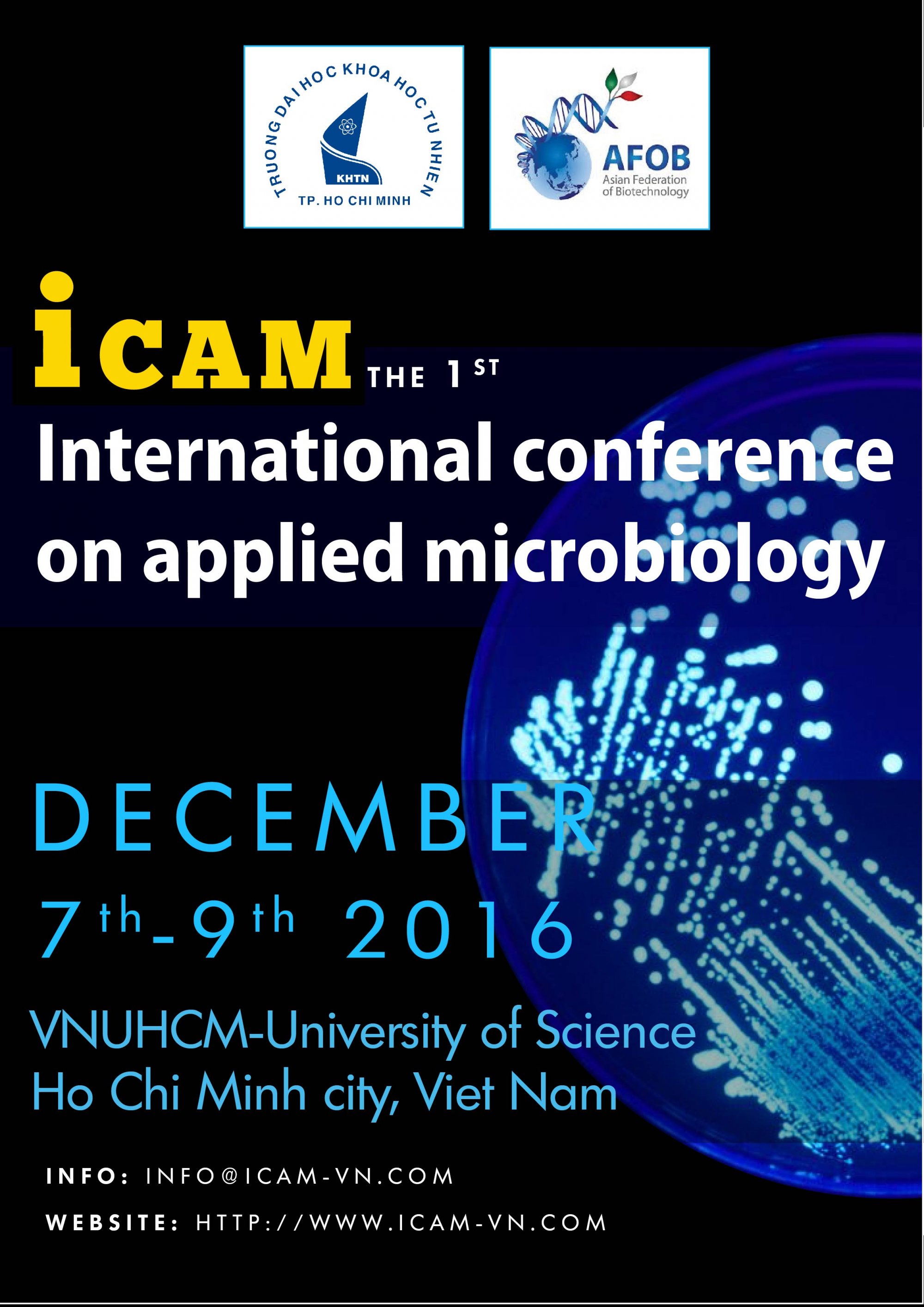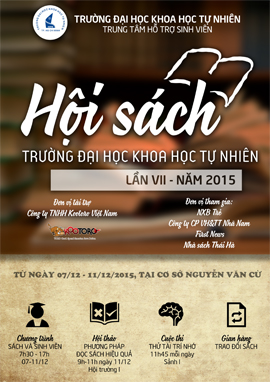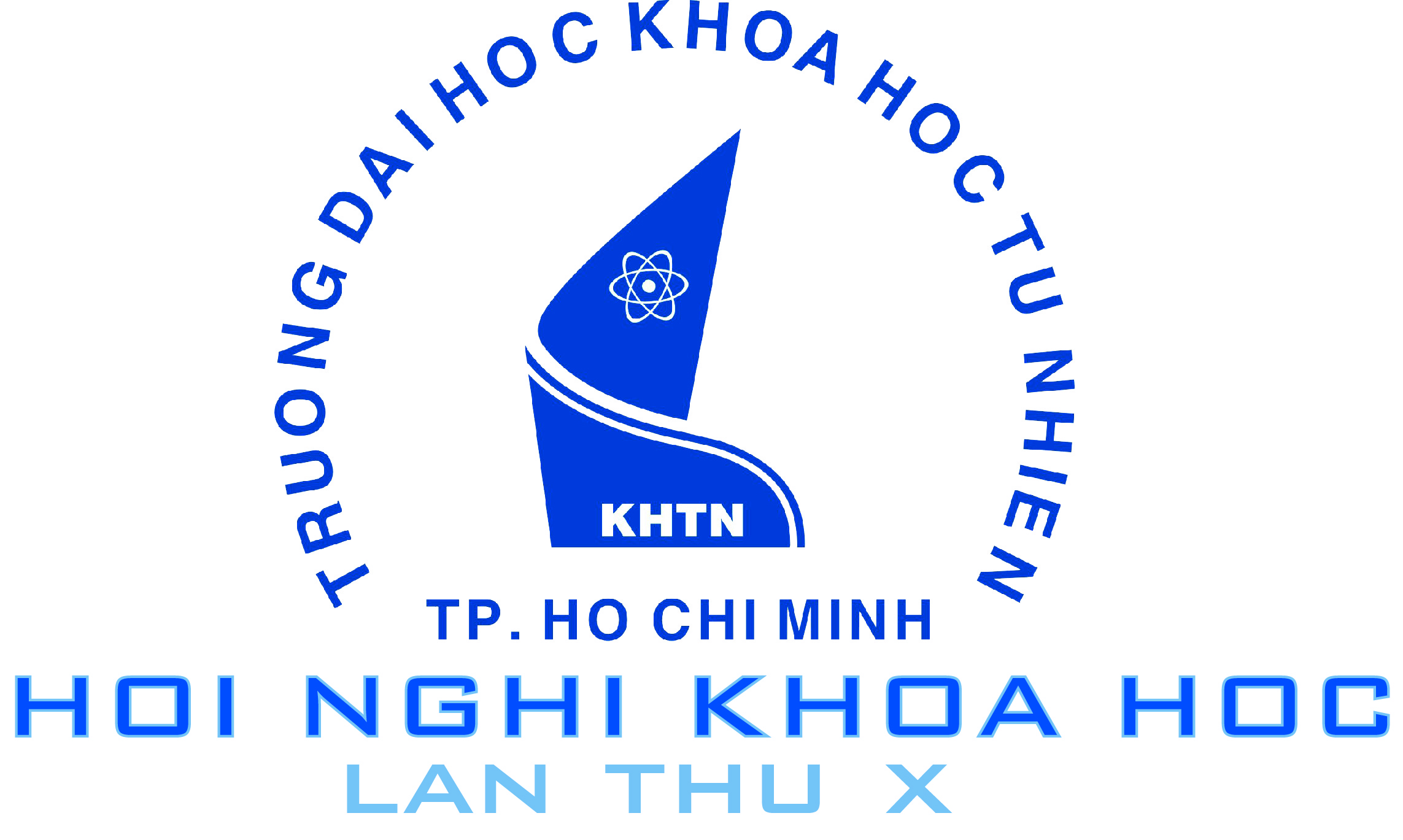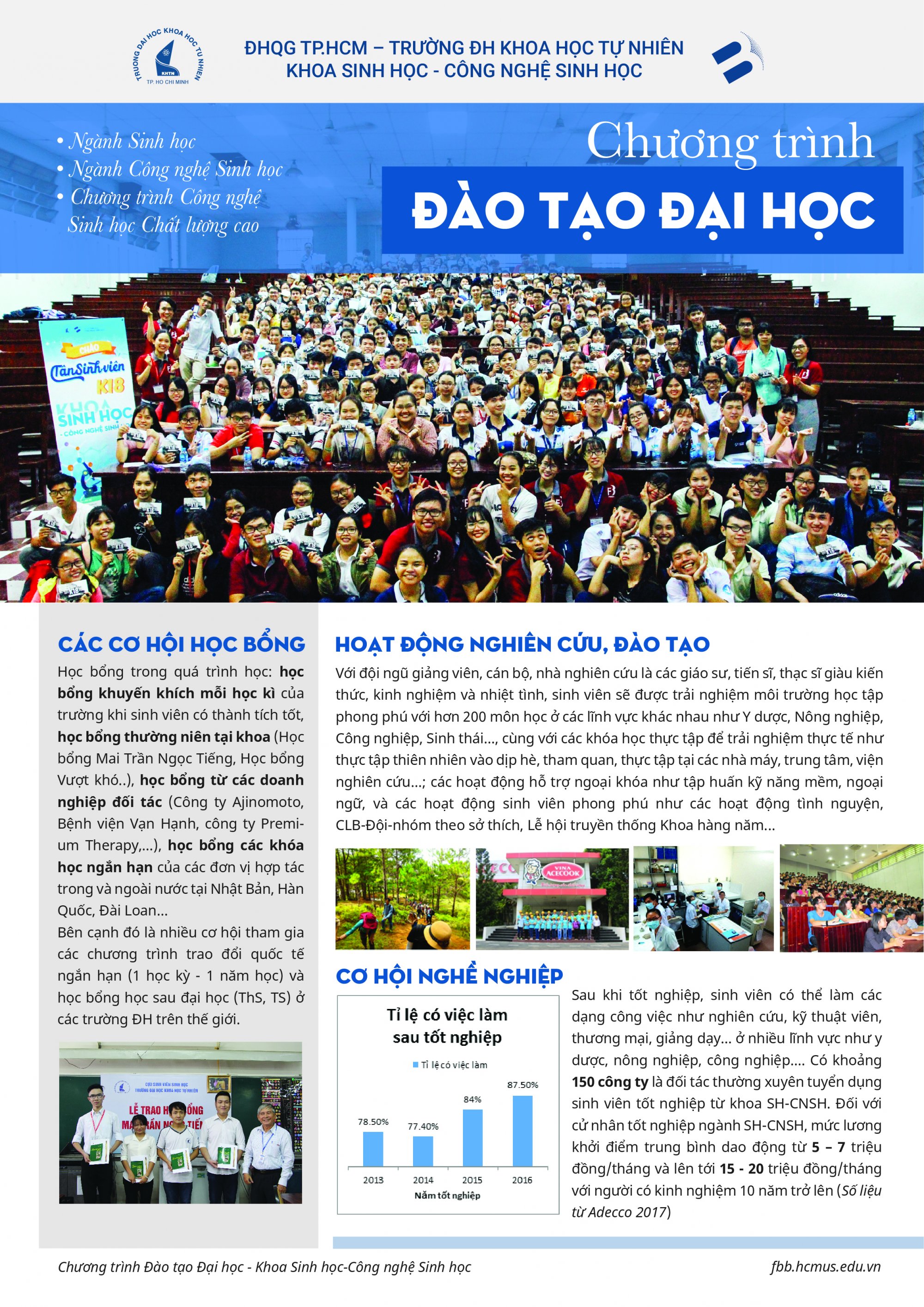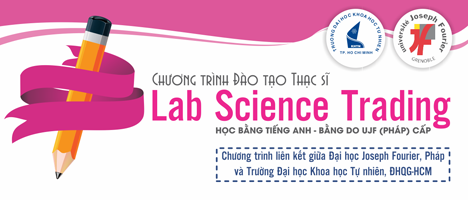[Webinar] Ion transport in stomata – From mechanism to the potentials in improving plant fitness
11:18, 19/04/2022
704
0
Speaker: Dr. Nguyen Thanh Hao - Postdoctoral Researcher at Laboratory of Plant Physiology and Biophysics, Institute of Molecular Cell & Systems Biology, University of Glasgow, UK
Host: A/Prof. Tran Van Hieu
Title: Ion transport in stomata – From mechanism to the potentials in improving plant fitness
Time: 3AM Tuesday April 26, 2022 via Zoom (ID and pass available upon registered)
Register via https://forms.gle/AuDMW1wZNYxbYGvR7
Most living activities on Earth are fueled by a phenomenon occurring in plant, algae, and some groups of bacteria, the photosynthesis. This process uses energy from light to convert CO2 to sugar and releases O2 as a byproduct. To acquire CO2 required for photosynthesis, higher plants have to trade off their precious water through evaporation. Maintaining the balance between controlling water loss and uptaking CO2 for photosynthesis is a crucial task assigned for stomata, the microscopic pores formed by pairs of guard cells on the leaf surface. Since the first observation of potassium accumulation in the pair of guard cells in 1905 by Macallum, the mechanism controlling stomatal movement has been intensively studied. More than a century of research has revealed a complex picture of how plant sophistically manipulates the aperture of these tiny pores in response to environmental stimuli. The wealth of knowledge about guard cell ion transport in the model plant Arabidopsis allows researchers to explore the more complex stomatal structure often found in many important crop species. Understanding the mechanism controlling the function of those stomata potentiates the enhancement of the crop plant fitness, which in turn, will have a strong impact on
the food security.
Người viết : admin
Ý kiến bạn đọc
Các tin khác
- Hội thảo phối hợp giữa Khoa Sinh học - Công nghệ Sinh học và Công ty TNHH Kỹ thuật An Phúc17:37, 01/12/20230
- Seminar: Ứng dụng của hệ thống đọc vi đĩa trong nghiên cứu hợp chất tự nhiên có hoạt tính sinh học14:16, 16/11/20230
- Talkshow về Khởi nghiệp: TỪ ZERO ĐẾN TRIỆU ĐÔ10:01, 13/11/20230
- HỘI THẢO VỀ KỸ NĂNG TƯ VẤN DI TRUYỀN (UTS Genetic Counselling Skills Bootcamp)08:12, 23/10/20230
- Seminar "Flow Cytometry và những ứng dụng đa dạng từ CNSH Công nghiệp Thực phẩm đến CNSH Y dược"16:31, 20/10/20230
- Screening of materials-binding peptides and application to site-directed immobilization of antibody fragments14:25, 09/10/20230
- Buổi trao đổi học thuật - nghiên cứu khoa học từ PTN CNSH Phân tử09:16, 02/10/20230
- Lớp tập huấn "Mô Phỏng Phân Bố Loài Bằng Chương Trình Maxent"14:45, 26/09/20230
- Symposium "Hepatic Stellate Cells - a key to targeted therapy development in liver fibrosis treatment"16:08, 31/08/20230
- Seminar chủ đề: "Driving Precision Medicine with UK Biobank"21:10, 10/06/20230


